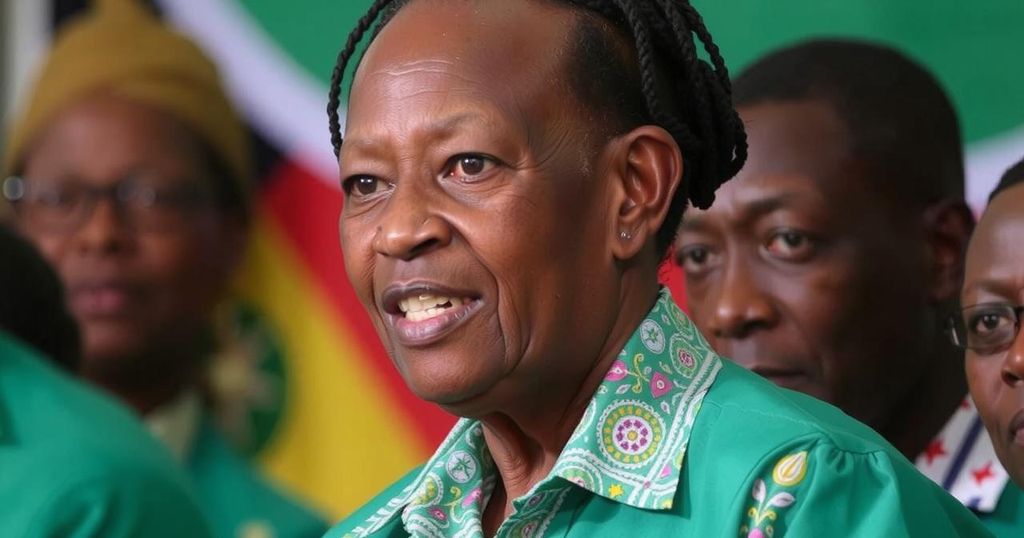Mozambique’s post-election crisis intensifies as President-elect Daniel Chapo plans to reconcile with opposition leader Venancio Mondlane amid claims of rigged elections. Following the Constitutional Council’s confirmation of Chapo’s victory, protests erupt, highlighting significant discontent. Chapo’s efforts to stabilize the situation may provoke potential rifts within the ruling Frelimo party as he navigates this complex political landscape.
Mozambique’s newly elected President Daniel Chapo is confronted with significant challenges in addressing the ongoing post-election crisis that has arisen following the controversial election on October 9. The Constitutional Council’s affirmation of Chapo’s victory over opposition candidate Venancio Mondlane has only escalated tensions, igniting protests from Mondlane’s supporters, who label the elections as fraudulent.
Chapo’s administration is expected to encounter persistent disruptions in socio-economic activities and regional trade, compelling the president to seek reconciliation with Mondlane. However, any attempt at cooperation may provoke internal strife within the ruling Frelimo party, making the resolution of this crisis even more precarious. Following the council’s announcement on December 23, Chapo expressed intentions to initiate a dialogue and national reconciliation process after his inauguration on January 15. The intensity of the unrest signifies profound discontent among sections of the populace, thereby complicating Chapo’s efforts to establish stability in the nation.
The political landscape in Mozambique has been tumultuous following the outcomes of the recent general election. The ruling Frelimo party, which has dominated Mozambique’s political scene for decades, faces mounting pressure from opposition factions that accuse it of manipulation and electoral fraud. The backdrop of the conflict highlights longstanding grievances regarding governance, economic disparity, and human rights. The confirmation of Chapo’s presidency coincides with an escalation of public dissent, predominantly driven by the opposition’s claims of a rigged electoral process, prompting a need for national dialogue to alleviate the brewing crisis.
In conclusion, President Daniel Chapo faces a formidable task as he seeks to navigate the post-election turmoil in Mozambique. The potential for economic instability and social unrest calls for urgent dialogue with opposition leaders, yet any compromises may risk fracturing the cohesiveness of the ruling party. The road ahead appears fraught with challenges, emphasizing the critical need for effective governance and reconciliation to restore peace and stability in Mozambique.
Original Source: worldview.stratfor.com






